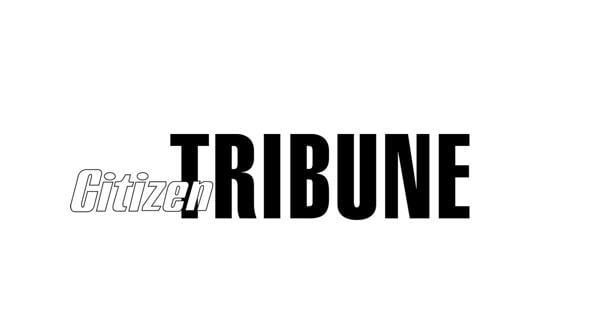President Donald Trump announced on Friday that he is considering a “massive increase” in tariffs on Chinese imports. This statement comes in response to recent actions by China, which restricted exports of rare earth minerals essential for various American industries. Trump indicated that there seems to be “no reason” to meet with Chinese leader Xi Jinping during an upcoming trip to South Korea, intensifying the ongoing trade tensions between the two nations.
The trade relationship between the United States and China has been fraught with challenges, particularly after the implementation of tariffs earlier this year triggered a trade war. Despite previous agreements to reduce tariffs following negotiations in Switzerland and the United Kingdom, the latest moves by China to limit access to rare earths have escalated concerns. These minerals are vital for a range of U.S. technologies, making their scarcity a significant issue for American manufacturers.
In addition to trade discussions, Trump is also undergoing a routine medical check-up at Walter Reed National Military Medical Center. This visit, described by Karoline Leavitt, White House press secretary, as a “routine yearly checkup,” follows an annual physical conducted in April. While aides have not provided details on the timing of this additional examination, Trump expressed confidence in his health, stating he feels “great.”
In a separate but related matter, First Lady Melania Trump announced the successful reunion of eight Ukrainian children with their families following a letter she sent to Russian President Vladimir Putin. This development comes amid ongoing discussions about the fate of Ukrainian children taken by Russia during its invasion. The First Lady’s letter was hand-delivered by Trump during his meeting with Putin in Alaska, highlighting the administration’s focus on humanitarian issues.
Meanwhile, Trump is also expected to address drug pricing in a forthcoming announcement. Following an agreement with Pfizer aimed at aligning U.S. prescription drug prices with those in other developed nations, the White House has hinted at further measures to reduce costs. Advocates for healthcare reform view this as a positive step but express concern that it places too much responsibility on pharmaceutical companies without establishing a comprehensive national policy.
The political landscape remains tense, particularly as House Speaker Mike Johnson has indicated that the House will not reconvene until the Senate passes a government funding bill. The current government shutdown has raised concerns about the potential impact on over 1.3 million military service members who risk missing paychecks. Johnson criticized Senate Democrats for the impasse, suggesting that the failure to fund the government has created difficulties for American families relying on military incomes.
As Trump pushes to deploy the National Guard in several U.S. cities to address crime concerns, the absence of House lawmakers during the shutdown presents a significant challenge for his administration. Johnson’s leadership is being tested as he navigates the political ramifications of a stalled legislative agenda.
The ongoing government shutdown is further complicated by Trump’s recent exclusion from the Nobel Peace Prize nominations, with a White House spokesperson claiming that the Nobel Committee has prioritized politics over peace. Venezuelan opposition leader Maria Corina Machado received the award for her advocacy for democratic rights, which Trump had previously sought to highlight through his own foreign policy initiatives.
In conclusion, the combination of trade tensions with China, domestic political challenges, and health-related announcements paints a complex picture of the current state of affairs in the United States under Trump’s leadership. As developments unfold, the implications for both national and international policy remain to be seen.
